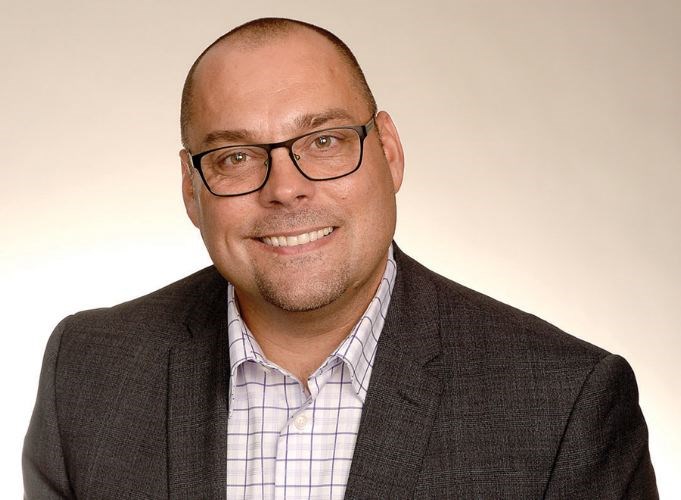Parliament will vote Wednesday on whether to send Cariboo-Prince George MP Todd Doherty's private member's bill on post-traumatic stress disorder to third reading and study by an all-party committee.
More MPs from across the aisle rose in the House of Commons on Monday to support Bill C-211, which calls for a national framework to assist Canadians with PTSD. The bill was debated in the House last month but time ran out on the discussion.
Monday's debate was started by Quebec Liberal MP Joel Lightbound, the parliamentary secretary for health, who talked about how the heart of the subject is those who have PTSD are more likely to commit self-harm and suicide as statistics show that more than 4,000 Canadians take their own lives each year.
Numbers show the indigenous population has an increased risk of post-traumatic stress disorder because of historical and intergenerational trauma, Lightbound added.
The portion of the indigenous population experiencing mental health issues during their lifetime is 55 per cent, while the non-indigenous Canadian population sits at 33 per cent.
"Improving the mental health of all people living in Canada is a priority for this government and that is one of the reasons why this government will be supporting Bill C-211 with amendments and we will work to address those as a community," said Lightbound.
NDP MP Irene Mathyssen, Conservative MP David Sweet and Liberal Pam Damoff also offered words of support.
Damoff said she was concerned about the language of the bill. She said she'd like that amended to include a broader scope than post-traumatic stress disorder and should include more mental health issues like depression and substance abuse which fall into the broader definition of operational stress injuries.
Conservative Jim Eglinski, a retired police officer, gave an emotional plea when speaking about a fellow officer who finally succumbed to his PTSD by committing suicide in 2015 after years of struggle.
"We didn't know what to call it years ago," he said, sadly.
"We need to make sure there is help there for all first responders. They have served us but we have not served them. This is why we so desperately need a national framework to address this issue."
Fellow Conservative Earl Dreeshen also gave his support and Doherty closed the session by offering a few words himself.
"This bill sends a message to our silent sentinels that this is not a battle that you have to fight by yourself," said Doherty.
"It's up to all of us - federal, provincial, territorial legislators - to come up with a plan to make sure that no one is left behind."



